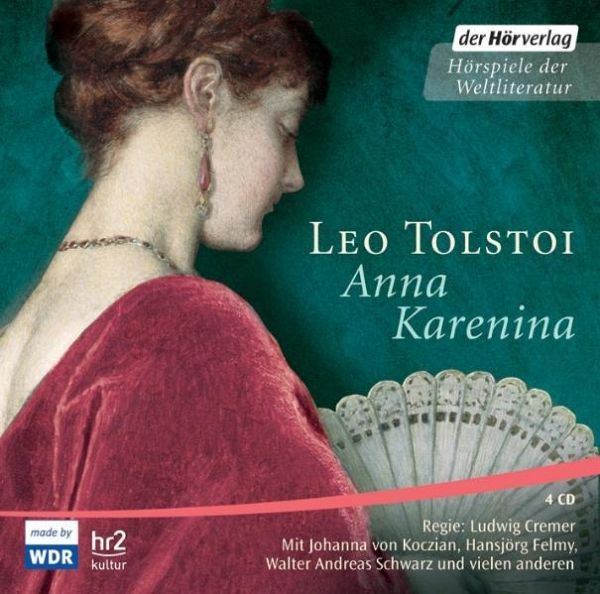

When you go to a bookstore to buy a work by Tolstoy, Dostoevsky, Gogol, or Chekhov, most of what you find is in translation by Pevear and Volokhonsky. Surprisingly, these translations, far from being rejected by the critical establishment, have been embraced by it and have all but replaced Garnett, Maude, and other of the older translations. A couple named Richard Pevear and Larissa Volokhonsky have established an industry of taking everything they can get their hands on written in Russian and putting it into flat, awkward English. Since that time a sort of asteroid has hit the safe world of Russian literature in English translation.

Morson wrote these words in 1997, 1 and would recall them bitterly. Every time someone else redoes one of these works, reviewers say that the new version replaces Garnett and then another version comes out, which, apparently, replaces Garnett again, and so on.

Tolstoy and Dostoevsky were constantly reading and learning from Dickens, Trollope, George Eliot and others. She has a fine sense of English, and, especially, the sort of English that appears in British fiction of the realist period, which makes her ideal for translating the Russian masterpieces. I love Constance Garnett, and wish I had a framed picture of her on my wall, since I have often thought that what I do for a living is teach the Collected Works of Constance Garnett. The distinguished Slavic scholar and teacher Gary Saul Morson once wrote about the former:

In contrast, very few educated English speakers have read the Russian classics in the original and, until recent years, they have largely depended on two translations, one by the Englishwoman Constance Garnett and the other by the English couple Louise and Aylmer Maude, made respectively in 19. Tolstoy, of course, says nothing about a translation-educated Russians knew English as well as French. Petersburg, and takes out an uncut English novel, probably one by Trollope judging from references to fox hunting and Parliament. In Anna Karenina, the day after the fateful ball, resolved to forget Vronsky and resume her peaceful life with her son and husband (“my life will go on in the old way, all nice and as usual”), Anna settles herself in her compartment in the overnight train from Moscow to St. Vivien Leigh in Julien Duvivier’s adaptation of Anna Karenina, 1948


 0 kommentar(er)
0 kommentar(er)
